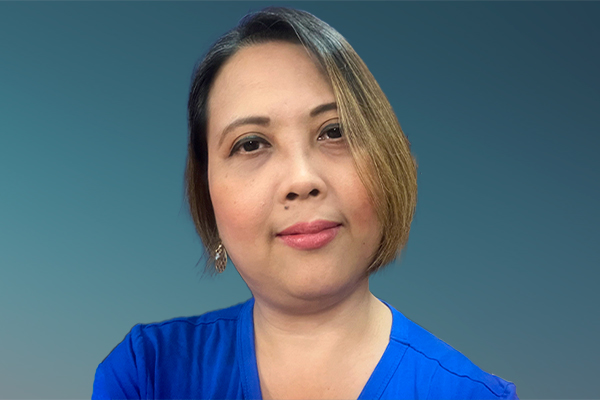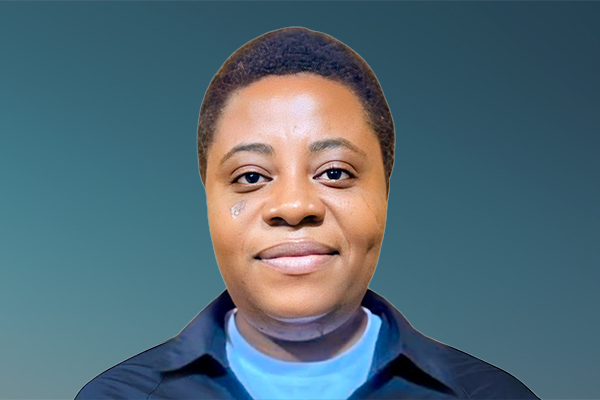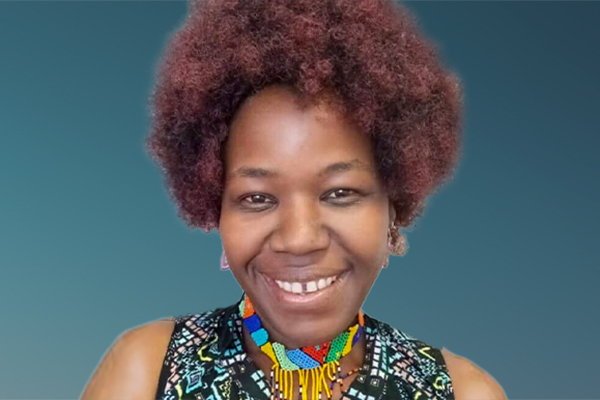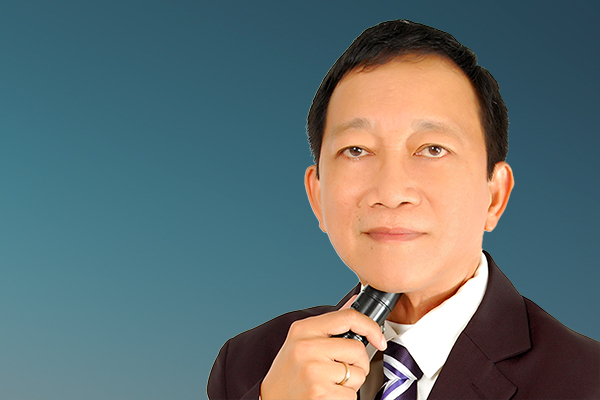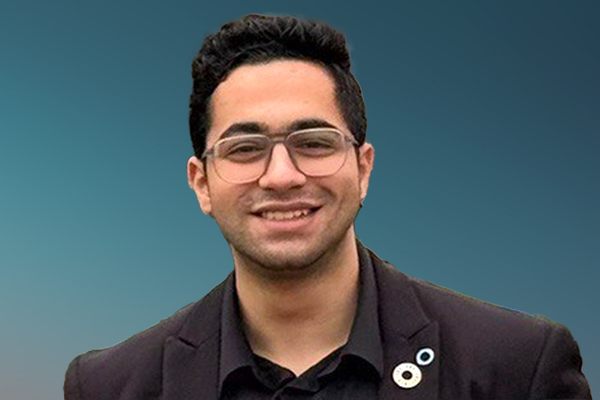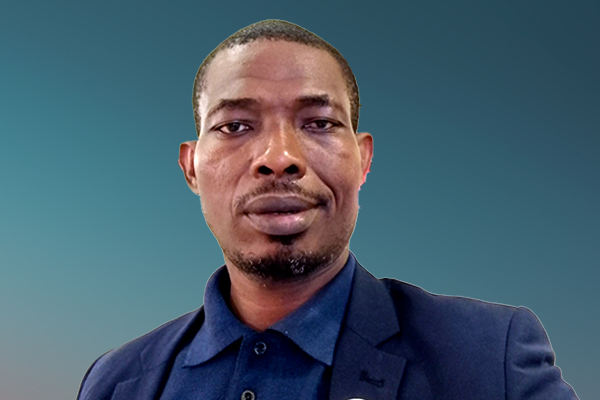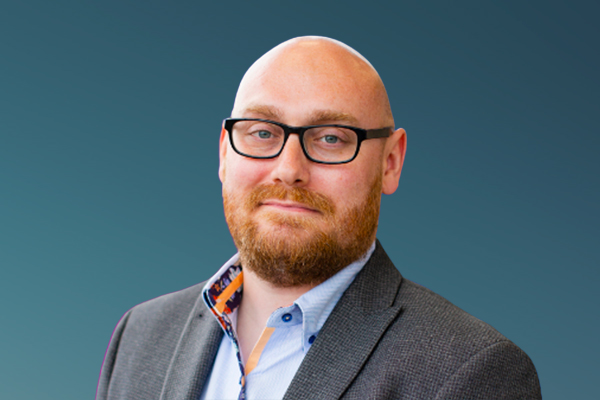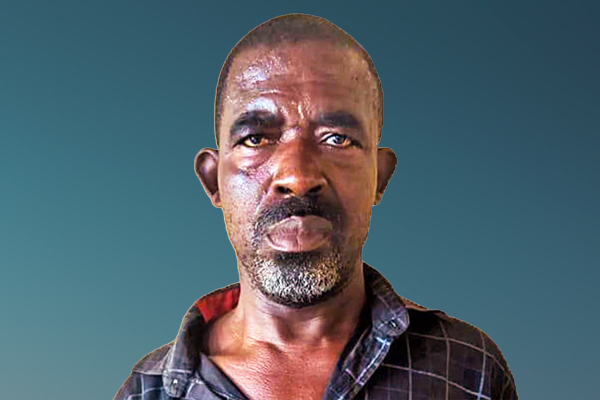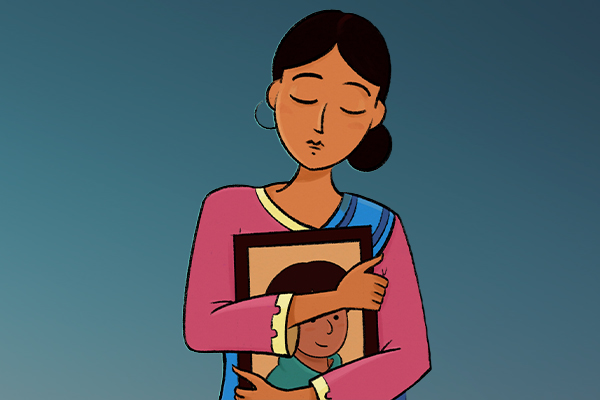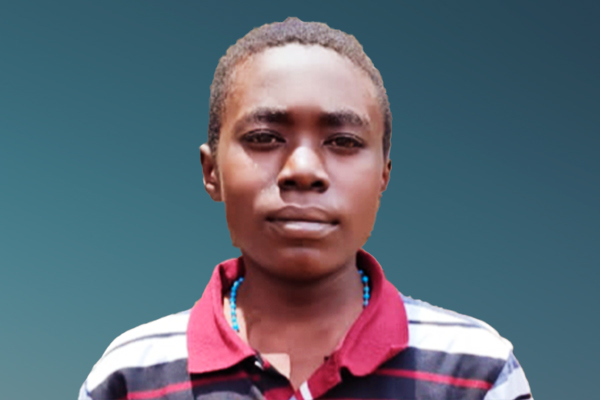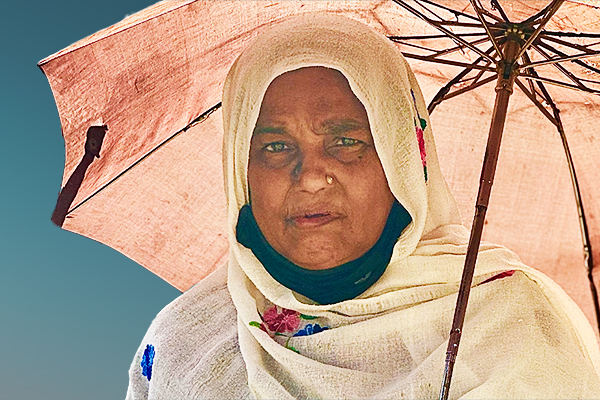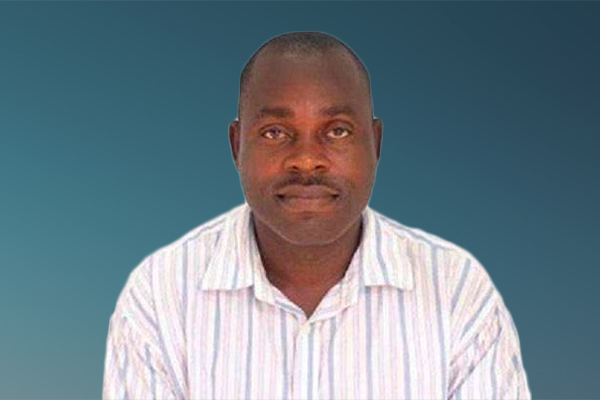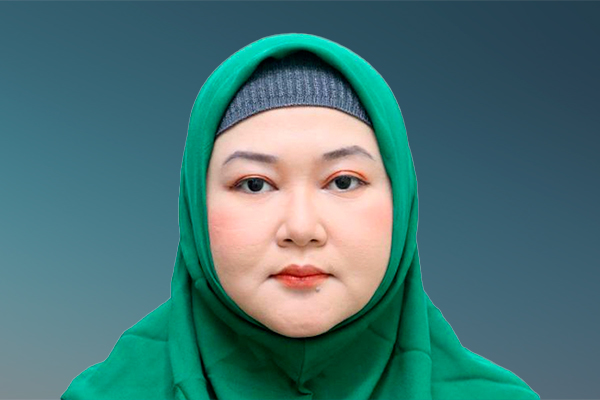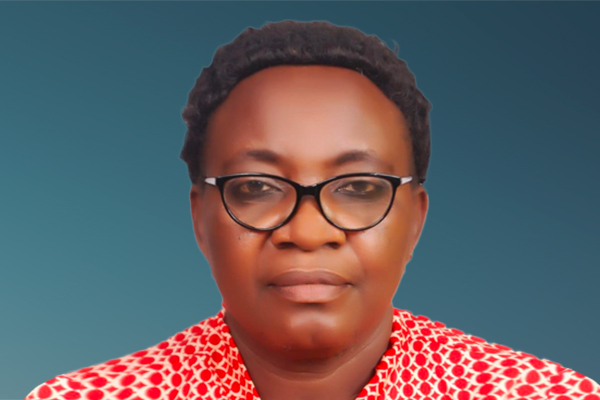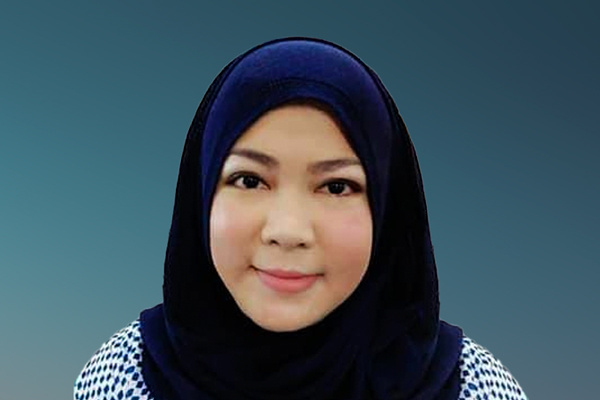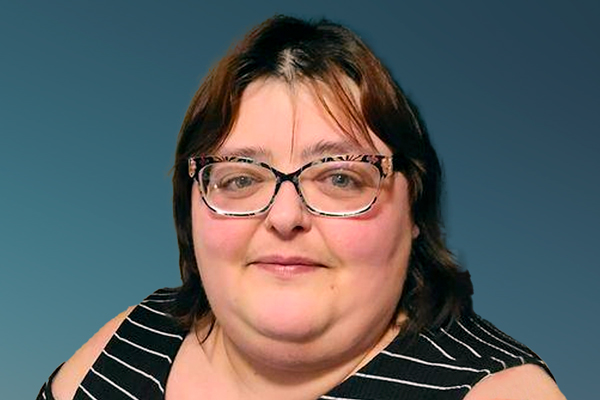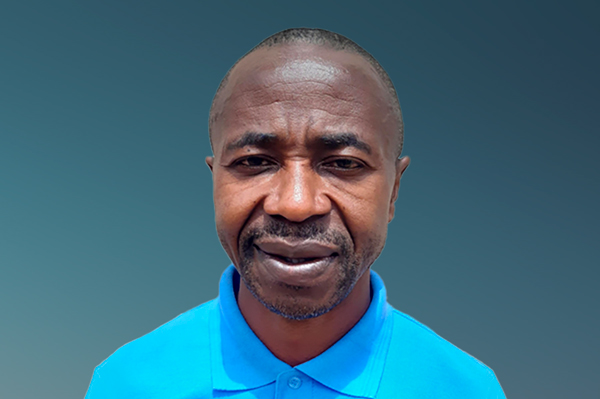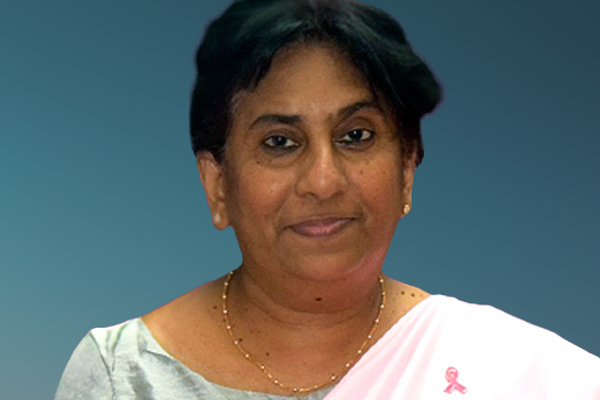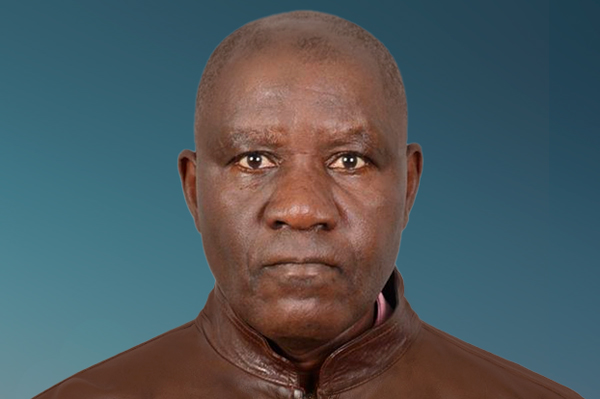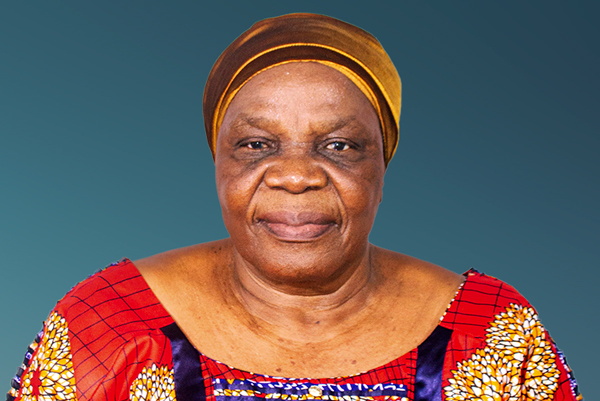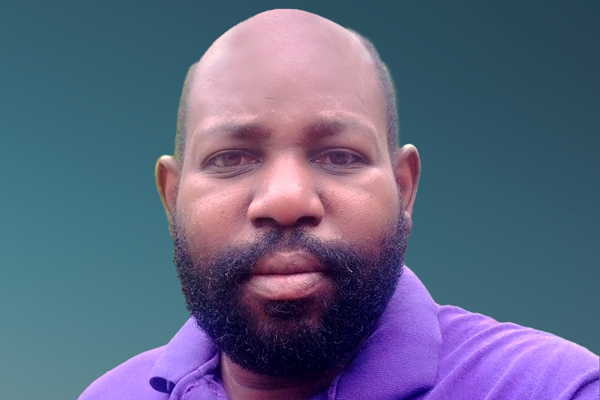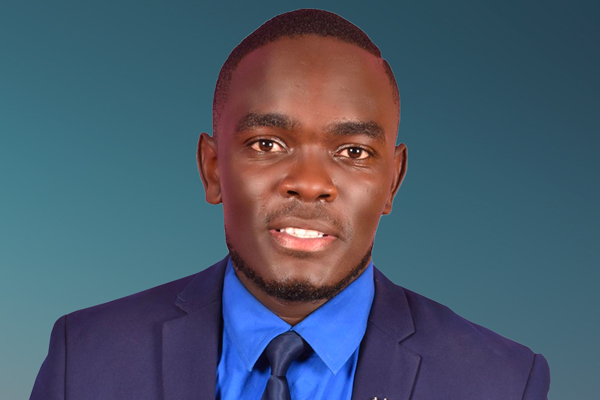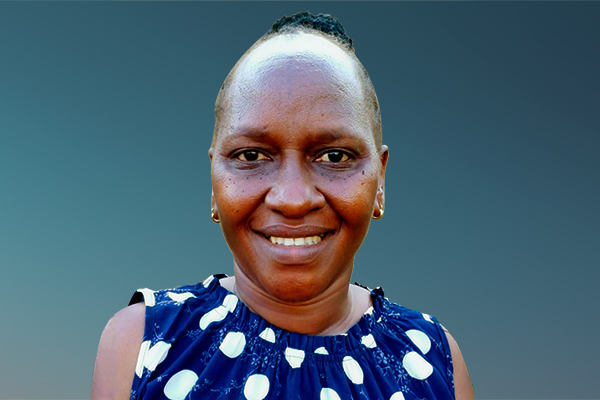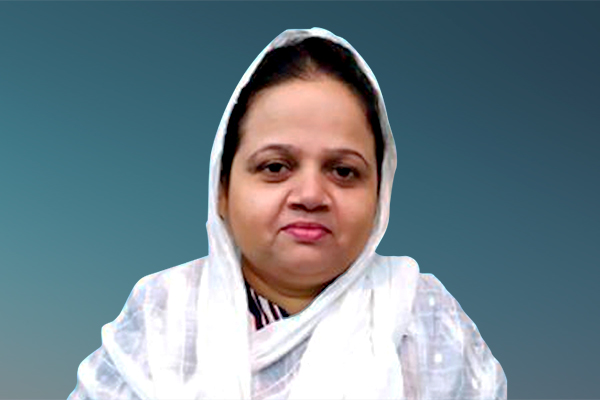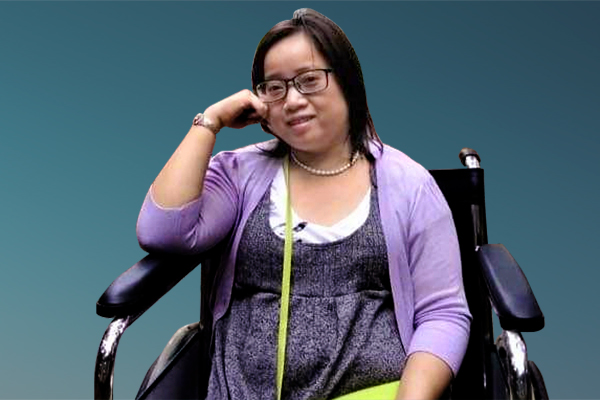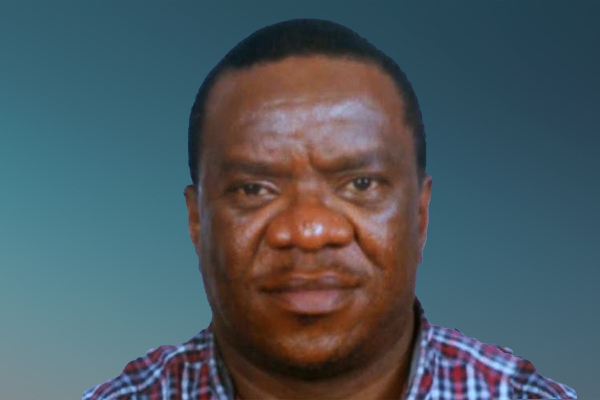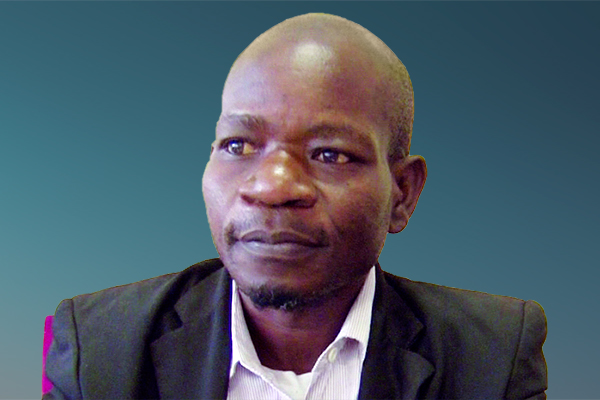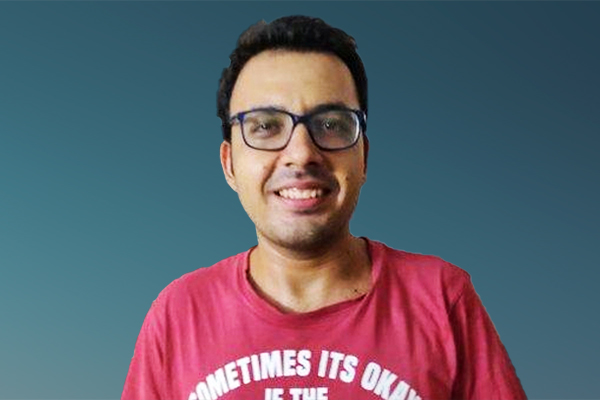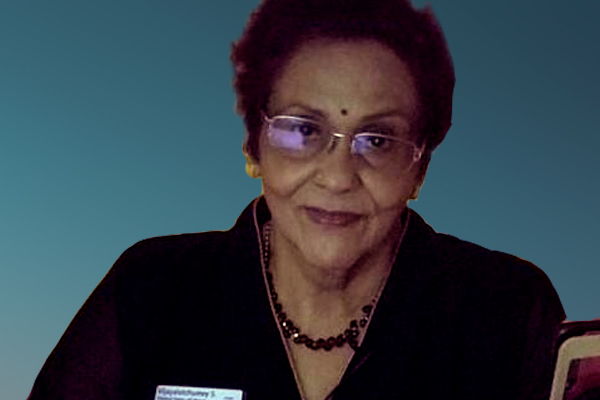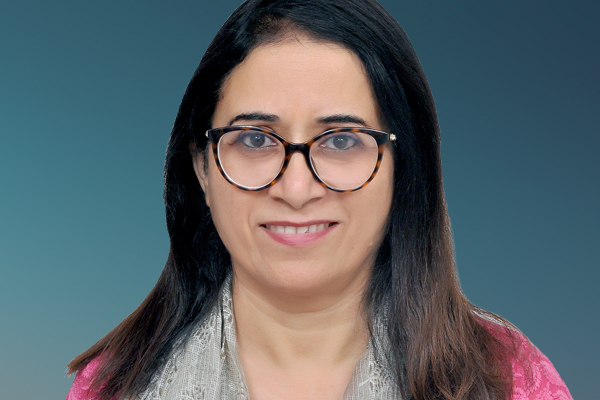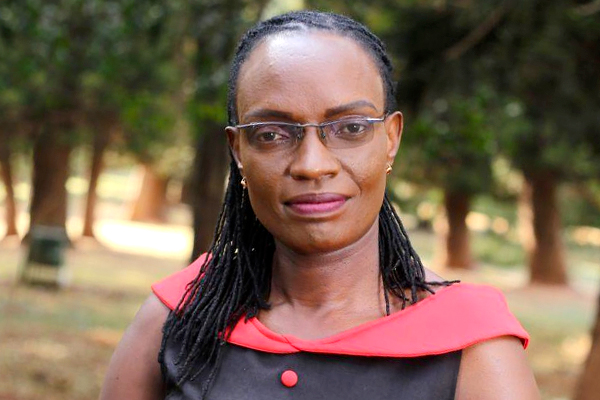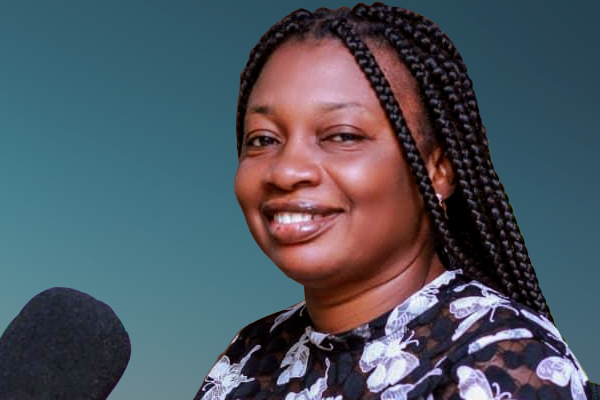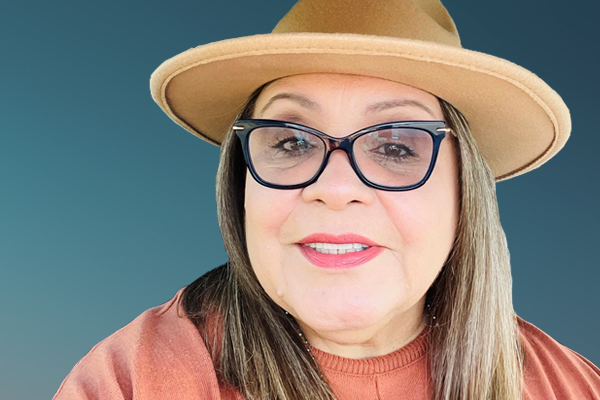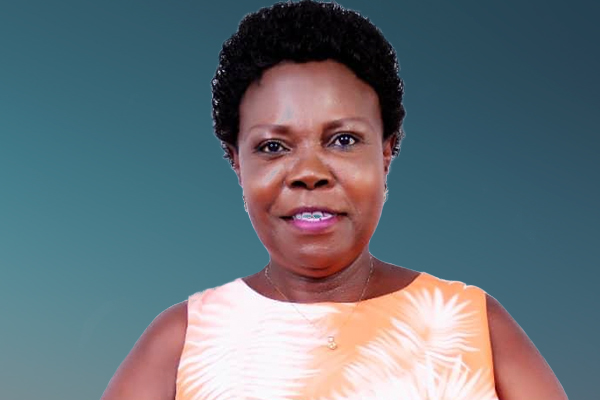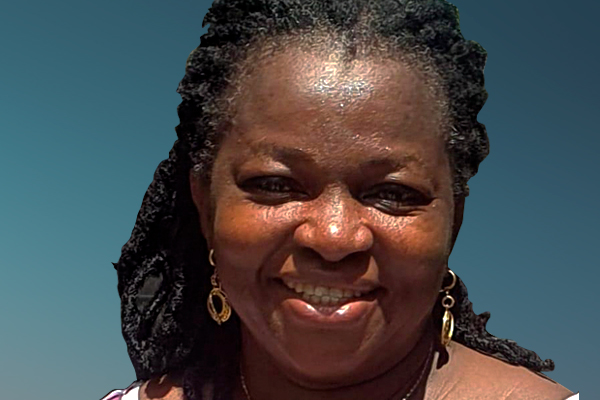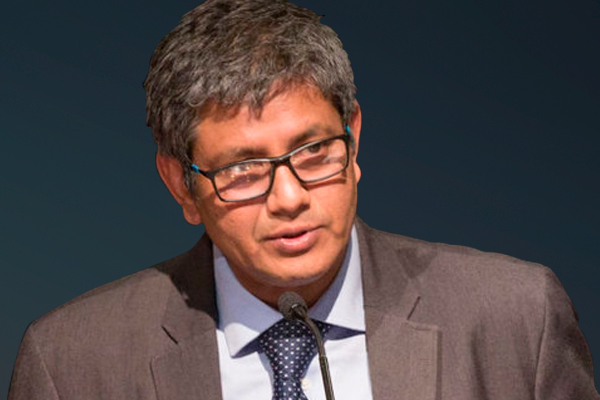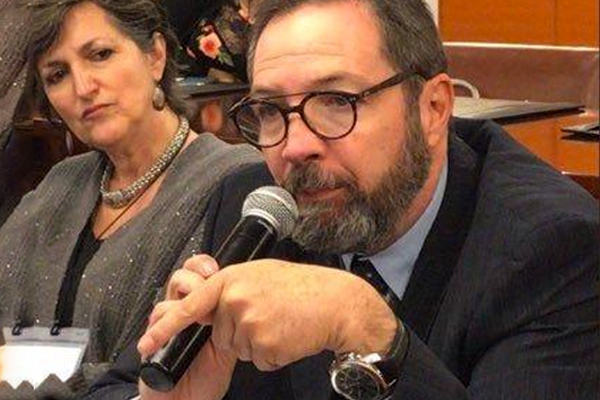My name is Grace Nnenna Achodo, I am 57 years old and married with 4 children. I hail from south east Nigeria; Owerri municipal council of Imo state. I live in Makurdi, the capital of Benue State, North Central Nigeria.
I am a trained nurse and hold two Bachelor degrees; health education (BSc.H.Edu.) and Bachelor of Nursing Sciences (BNSc.). I am gainfully employed by the Federal Ministry of Health, Federal Medical center Makurdi, Benue State.
I have lived experience with Diabetes and Cardiovascular Disease. I would like my diary to be used to influence decision-makers to drive policies and change for desired outcomes around NCD prevention in my country and community.
19 October 2022
NCD Prevention and My Early Journey with Diabetes
I am someone with lived experience of an NCD, a caregiver, and a healthcare provider. I lost both parents to diabetes (my father died of diabetes with renal complications and my mother died of insulin overdose while managing diabetes). I cared for them as a growing child.
I received professional training as a student nurse where I gained general knowledge on the role of risk factors in disease outcomes and that my family history put me at an increased risk for diabetes, hypertension and other conditions. However, decisions around my health were limited by the low access to health promoting environments; for example, physical activity wasn’t promoted in colleges and private gyms were expensive. The most easily available food options were junk foods and sugar-based drinks. There’s also a lack of NCD prevention programs and regular screening services in the country.
This led to the fateful day while on a late shift in a 36-bed paediatric unit, where I collapsed and was rushed to the emergency department for resuscitation. I was eventually diagnosed with Diabetes Mellitus at age 35.
I needed to go out in search of more knowledge and understanding, so I started speaking with colleagues, fellow people living with diabetes, healthcare providers, nutritionists, dieticians and experts, and advocating for prioritising prevention strategies for those at risk of or living with NCDs. From my experience, I learned that timely diagnosis is a big challenge, and that this is the case for many others. In this regard NCD screening is a very important step, as it aids early diagnosis. This enables NCD prevention as well as more swift and effective management of NCD care to improve disease outcomes, thereby preventing the onset of NCDs or associated complications.
Prevention is better than cure. It's cheaper, easier to handle, and more cost effective. With proper preventive measures in place at all levels of the healthcare system, society will be healthy. NCD prevention should be everyone’s priority - the government, politicians, healthcare professionals, civil society organisations, and well-meaning individuals all should contribute. Investment in NCD prevention can reduce mortality, improve productivity and boost the economy.
Raising awareness on NCDs is another effective prevention strategy, but this is grossly inadequate at the grassroots level due to lack of infrastructure and resources.
I’d have stood a better chance of avoiding diabetes and other NCDs if there were enough disease prevention programs at the national, state and local level in the country.
28 March 2023
Together we are one!
As one with lived experience, caregiver and healthcare provider, my community is my fellow people living with one or more NCDs. All of them face challenges similar to mine, managing my health conditions; poverty, timely diagnosis, lack or poor access to healthcare services, knowledge deficit, etc.
Mr R.T. was diagnosed with Diabetes Mellitus and hypertension years before he had his first stroke in 2016 on his way back from the Church and was rushed to an emergency department. He received lifesaving service and recovered without noticeable disability. As his bedside nurse and NCD advocate, I shared information with Mr R.T. and his family members on NCD risk factors and on the importance of secondary prevention.
Unfortunately, Mr R.T. had a second stroke due to lack of resources as he could no longer subscribe to the wellness clinic services, he had no funds to procure drugs, (as a retiree, his name was removed from the health insurance scheme) he started indulging in alcoholism, inactivity and unhealthy diets. Secondary prevention has its roots deep within the healthcare system’s response, even though Mr R.T. had access to the right information he could not sustain a preventive lifestyle owing to the limited support available from public healthcare facilities. Now, Mr R.T. is being supported by the NCD community in his locality who share items like drugs, food, toiletries, etc., with their peers.
Disease prevention and NCD risk management programs need to be in place to reduce the burden, for this to happen, "all hands should be on deck". Establishment of disease prevention programmes should be a joint responsibility of government, decision makers, civil society organisations, communities, and people living with NCDs.
Investment in NCD prevention and establishment of NCD support groups should be funded for accessibility, affordability, sustainability and effective service delivery. Early detection of disease risk factors can be made possible by screening. In the case of Mr R.T., he would have benefited from risk elevated screening, as having had the first stroke increased his risk of developing a second one. Screening that aims at early detection and treatment follow up is necessary for the prevention of NCDs. As the saying goes "A stitch in time saves nine".
As a Clarion call, regular health screening aimed at early detection and management and follow up might save millions of lives.
28 March 2023
A cry for help
Living with NCDs is severely debilitating, thus the need to prevent it. Exposure to risk factors, lack of public awareness, health education and a lack of resources are contributing to the development of NCDs. These factors are either social or commercial determinants of health. Information/health education on the prevention and management of NCD risk factors will go a long way to reduce, control and manage these diseases. This much needed information is not readily available and when it is, it isn't adequate due to lack of adequate manpower, work overload, lack of expertise, lack of political will and or policies not being translated into effective programmes. The proximity of services is another big barrier. Disease prevention programs/screening should be close to service users, for easy access and should be made affordable looking at the poverty level.
The Senate committee on health are custodians of health matters in the country. They are responsible for national health policies and laws. Health planners, implementers and health service providers should review health policies, planning, implementation and service provision on NCD risk factors prevention, control, management and care in such a way that these are available, accessible and affordable at the grassroots and at all levels of healthcare (primary, secondary and tertiary). It's one thing to provide services, and another for it to be utilized. The general public should be ready to make use of these programs and services, which will require community outreach led by those living with similar conditions and supported by local decision makers.
I call on the senate committee on health to swing into action by:
- Making policies on disease prevention that can be translated into effective programmes.
- Controlling and regulating the sale and advertisement of unhealthy food and beverages.
- Screening to cover all levels of health care (primary, secondary and tertiary levels). Policy planners, implementers and healthcare providers to embark on capacity building through training of healthcare professionals on adopt a continuum of care approach.
NCD Diaries
There is nothing for us without us.
Grace Achodo, lived experience of multiple chronic conditions, Nigeria
About NCD DIARIES
The NCD Diaries use rich and immersive multimedia approaches to share lived experiences to drive change, using a public narrative framework.

